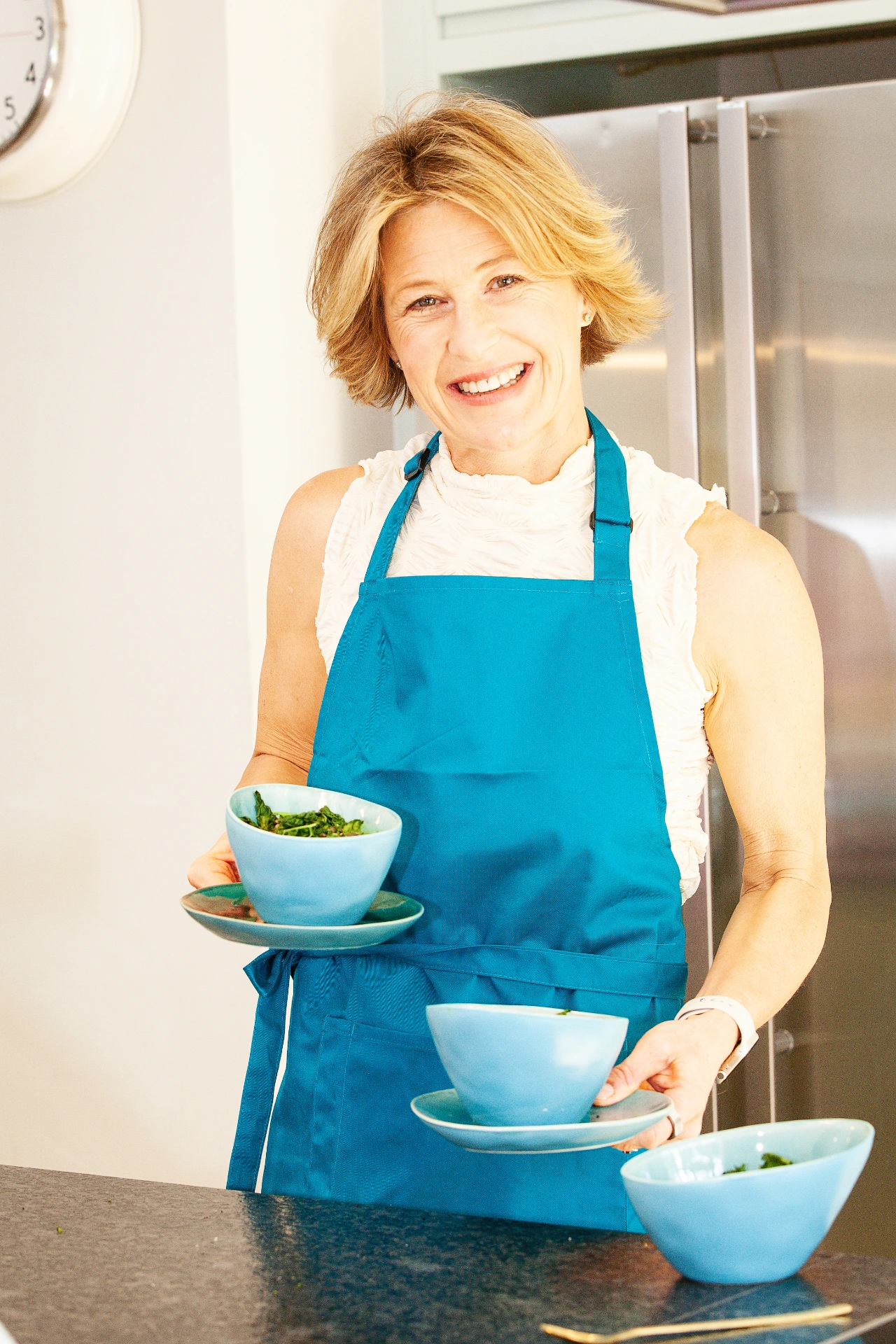
Inflammation – Your Nutrition Guide
Full article is free for everyone to download HERE
Inflammation is part of the normal immune response by the body and is an essential part of tissue healing. If inflammation is allowed to build up in the body, it can increase the risk of a number of common disorders such as; obesity, sport injury, heart disease, arthritis and joint pain, as well as autoimmune or inflammatory diseases. This can mean the body could have an
over-reaction to injury, but can also lead to increased risk of systemic inflammation.
If inflammation is a PRIORITY for you, the following tips may be helpful:
- Vegetables are the best anti-inflammatory food we can consume. We should aim for half a plate at lunch and dinner and, if possible, a portion at breakfast time. We should aim for 5 portions of vegetables a day.
- Eat a RAINBOW – the more colourful the vegetable, the more of an effect it is likely to have. Choose red cabbage over white cabbage, choose red onions over white, purple and orange carrots, beetroot, dark green vegetables such as kale and broccoli etc.
- Vegetables can be eaten cooked or raw in salads, as soups, juices/smoothies or crudités.
- Try and sneak some vegetables into your breakfast – grated carrot or courgette in your porridge: spinach, mushrooms or red pepper with your omelette, carrot sticks with your rye bread and mackerel paté?
- Try adding extra vegetables to your plate, such as sauerkraut, cooked beetroot, avocado, carrot sticks etc.
- Some foods contain concentrated sources of anti-inflammatory substances. These include: pineapple, papaya (bromelain and papain), turmeric (curcuminoids) and ginger (gingerol). Add these to your meals and smoothies.
- Fruits are also anti-inflammatory, however they can contain high amounts of sugar if eaten in excess. The COLOURFUL parts of fruits and vegetables often contain highest anti-inflammatory potential.
- Berries are the most beneficial fruits. Enjoy blackcurrants, blueberries, raspberries, blackberries, strawberries etc
About Dominique Ludwig, Nutritionist MSc and Nutritional Therapist mBANT
Dominique Ludwig is an accomplished Nutritionist with over 30 years’ experience as a qualified nutritionist and 16 years as a nutritional therapist. The secret weapon of many high-profile clients and A-list celebrities, Dominique has been voted one of the top 15 nutritionists in the UK.
She is the founder of the Nutrition and Lifestyle Programme Renew Reset Recharge®. This is a pioneering nutrition, weight management and lifestyle programme all rolled into one. Working out of her busy practice and The Meyer Clinic, Dominique has helped over a thousand clients, globally, live healthier lives. She is a regular contributor to The Times, The Sunday Times and Times 2.
To work with Dominique, either contact her via website or book a free discovery call.
DISCLAIMER
Features published by Dominique Ludwig are not intended to treat, diagnose, cure or prevent any disease. Always seek the advice of your GP or another qualified healthcare provider for any questions you have regarding a medical condition, and before undertaking any diet, exercise or other health-related programme.





